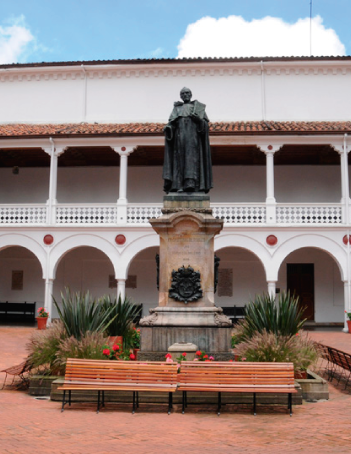1. Introduction: party system change in the neoliberal era -- part I. Explaining the regional patterns -- 2. Partisanship and the puzzle of party system stability -- 3. Critical junctures and party system change -- 4. Antecedent conditions: party system differentiation in 20th-century Latin America -- 5. Neoliberal critical junctures and party system stability -- 6. Programmatic (De- ) alignment and party system stability in the aftermath period -- part II. National experiences in comparative perspective -- 7. Critical junctures in elitist party systems -- 8. Critical junctures in labor-mobilizing party systems -- 9. Aftermath: reactive sequences and institutional legacies -- 10. Conclusion: Political legacies and the crisis of representation.
"This book adopts a critical juncture framework to explain the impact of economic crises and free-market reforms on party systems and political representation in contemporary Latin America. It explains why some patterns of market reform align and stabilize party systems, whereas other patterns of reform leave party systems vulnerable to widespread social protest and electoral instability. In contrast to other works on the topic, this book accounts for both the institutionalization and the breakdown of the party systems, and it explains why Latin America turned to the Left politically in the aftermath of the market reform process. Ultimately, it explains why this "left turn" was more radical in some countries than in others and why it had such varied effects on national party systems"--Back cover.
Texto ein inglés

Escuela de administración
Facultad de Jurisprudencia
Facultad de Ciencias
Escuela de Ciencias
Escuela de Medicina
Facultad de Economía
Facultad de Estudios
Facultad de Creación
Escuela de Ingeniería,
Otras Ofertas
 Historia y símbolos
Historia y símbolos
 Enfoque estratégico
Enfoque estratégico
 Gobierno universitario
Gobierno universitario
 Playbok - Nuestros pilares de transformación
Playbok - Nuestros pilares de transformación
 Protocolo de seguridad
Protocolo de seguridad
 Archivo histórico
Archivo histórico
 Portafolio de becas, descuentos y apoyo financiero
Portafolio de becas, descuentos y apoyo financiero
 Casa UR
Casa UR






 Proyección social
Proyección social Filantropía
Filantropía Hagámoslo posible
Hagámoslo posible

 Libro
Libro







